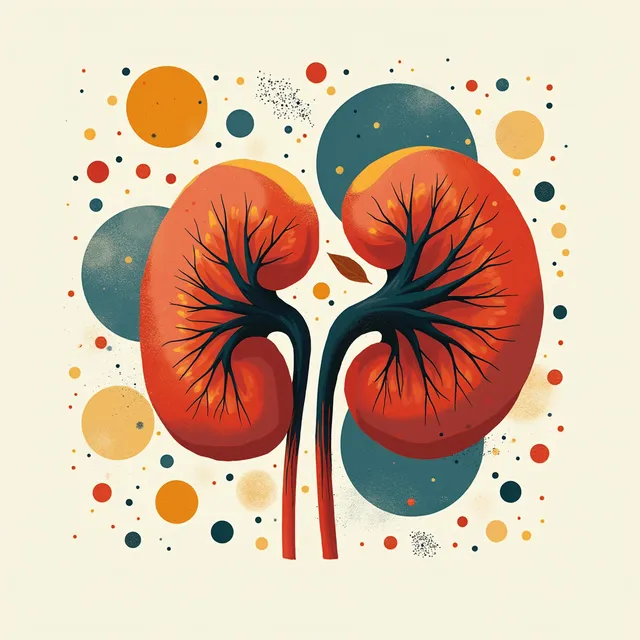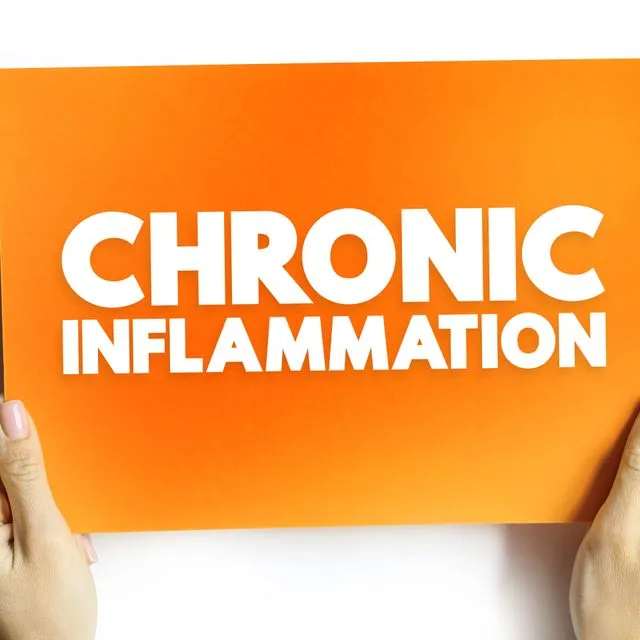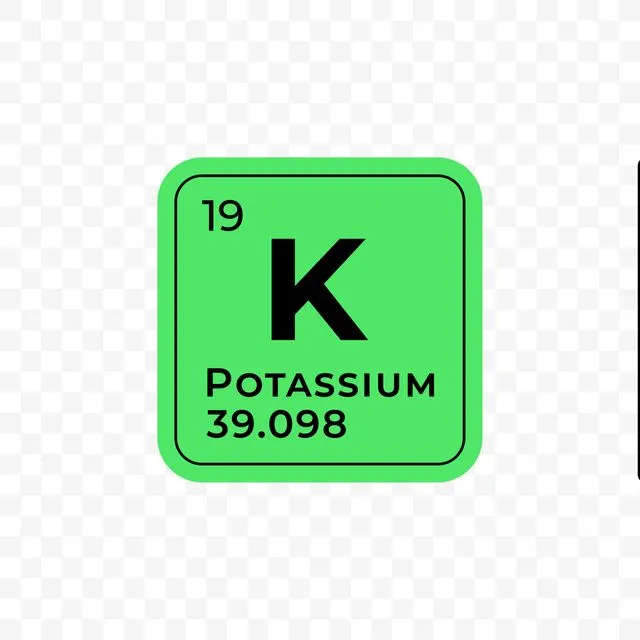Chronic Diseases
Diseases which have one or more of the following characteristics: they are permanent, leave residual disability, are caused by nonreversible pathological alteration, require special training of the patient for rehabilitation, or may be expected to require a long period of supervision, observation, or care. [NALT]
Narrower Topics
Diabetes
Diabetes is a disease in which your body is not able to use food properly. Normally, most of the food you eat is changed into glucose (sugar), which is the body's main energy source. For your body to use this energy, the glucose must get into the cells. Insulin, a hormone made in the pancreas, is the "key" that helps glucose get into your cells. If you have diabetes, insulin is not made in your body, or it does not work right. This causes glucose to build up in your blood, which can lead to serious health problems. Having high blood glucose levels over time causes most of the health complications of diabetes. --FCS8706, Living with Diabetes
Hypertension (High Blood Pressure)
Hypertension is persistently high arterial blood pressure and may have no known cause or be associated with other diseases. Hypertension is considered a risk factor for the development of heart disease, peripheral vascular disease, stroke and kidney disease.
Pathological condition characterized by the constant presence of resting blood pressure levels in the arteries above normal.
Publications
Showing 8 of 8 Publications







